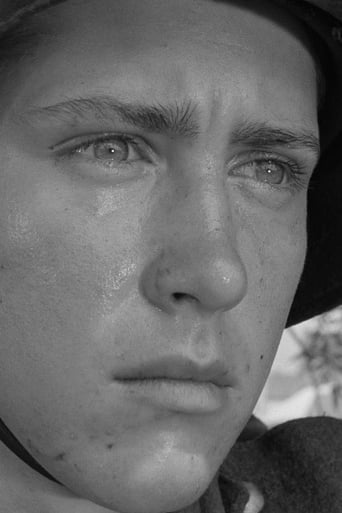radiobirdma
"This is the story of two brothers, Hermann and Albert Goering. They couldn't have been more different. One was a war criminal, the other was the good Goering, today unjustly forgotten, though he saved many people's lives." Well, in case someone might accidentally snooze off, why not give the point of narrative away right from the start? Obviously, over there in Germany viewers of Third-Reich-related documentaries aren't trusted to have an IQ above 33, and the crudest joke might be that William Hastings Burke's complex and brilliant book "Thirty Four" – the story of a highly contradictory, ambivalent bon vivant with guts and spine, in some ways an operetta character like his also strangely tragic super-Nazi-brother – isn't even mentioned in the credits. Where Hastings Burke's study is, in too brief words, a stunning morality tale about power and conscience, the director of this mess does not even pretend to have the slightest interest in its central characters: the narrative is timid and stereotyped to the dullest max, the dialogue word-processor flatulence, each and every set piece from the bargain-basement, and Barnaby Metschurat's portrayal of Albert Goering nothing less than breathtakingly meager, while Francis Fulton-Smith plays the Reichsmarschall exactly as bogus as he played Bavarian politician Franz Josef Strauss in "Die Spiegel-Affaere". Albert Goering was a sworn enemy of the Nazi state, and come to think of it: The makers of this film are enemies of the arts.





